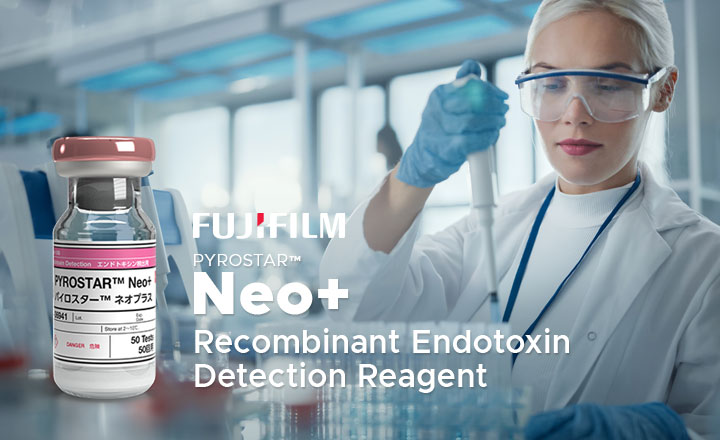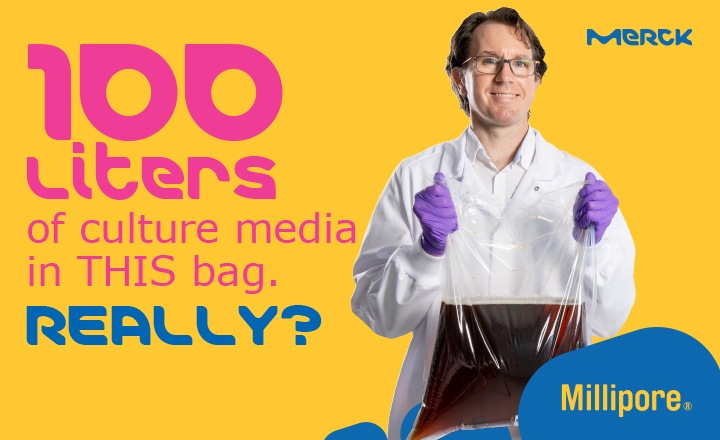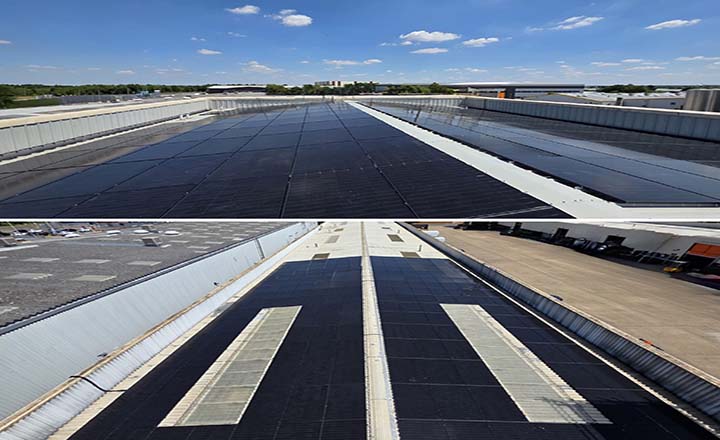
Sustainability is an area that has been getting increasing attention in recent years from researchers
and scientists and microbiology laboratories have not escaped scrutiny.
There are many aspects to being more sustainable in the microbiology lab including water and
energy use, raw materials, single-use plastics and waste. It is also important to think about your suppliers, customers and unintended consequences. While the majority would encourage greener practices, it can’t change the fundamental business relationship. There needs to be minimal impact on service delivery, costs or turn-around times.
Nonprofit organization My Green Lab is trying to build a culture of sustainability in science. It offers
certification and an environmental impact factor label for lab products. Sponsors include Agilent
Technologies, MilliporeSigma and Thermo Fisher Scientific.
There is also a Freezer Challenge, an annual competition designed to promote best practices in lab
cold storage management. Customers are now interested in the sustainability of packaging when a system arrives, instrument refurbishment and disposal methods when a newer technology is required, according to Agilent.
My Green Lab CEO James Connelly, had this advice for those at the start of their sustainability
journey. “Many of the recommendations provided by My Green Lab Certification are straightforward and require simple behaviour changes. These adjustments not only enhance sustainability but also boost lab efficiency. For instance, actions like closing the fume hood sash when not in use or implementing improved cold storage management can enhance safety, sustainability, and efficiency
simultaneously,” he told rapidmicrobiology.
Connelly said the COVID-19 pandemic had changed how labs think about sustainability.
“COVID caused a notable shift in consumable production and PPE output within labs, resulting in
considerable impact. Although the situation has largely normalized, the pandemic and its
accompanying waste prompted labs to prioritize sustainability. As they resume regular operations,
an increasing emphasis on sustainability is evident.”
There is also the Laboratory Efficiency Assessment Framework (LEAF), an online tool developed by
University College London (UCL) to support sustainable lab management. Participants in the program
can receive gold, silver, or bronze awards.
A study published in 2020 in the journal Access Microbiology found plastic reduction drives in
microbiology labs included moving to sustainable materials, such as reusable wooden sticks for
batch plating and metal loops for inoculation.
Some approaches focused on reusing plastic tubes via a chemical decontamination station and
autoclaving, facilitating the reduction of single-use plastics and a decrease in the amount of waste
generated. Savings impacted the amount of biohazard waste being autoclaved and incinerated, as
well as generating cost savings for the research institute.
If all this has prompted discussions about options for change in your lab, a good place to start would
be on social media with #LabWasteDay which is held in September every year and focuses on plastic
waste generated in research laboratories.
The Future is Green: Building a More Sustainable Microbiology Lab
In this article, Dr. Ursula Leuthold, sustainability coordinator for INTEGRA Biosciences explores how labs can mimimise their environmental impact and invites you to download a free poster full of valuable insights.
Find Out More
Reduce Plastic Waste and Save Costs With the Purus Microwell Plate Cleaner
The Purus microwell cleaner is an automated plate cleaning system, removes both chemical and biological contaminants – resulting in plates that can be used for new applications.
Find Out More
Sustainable Endotoxin Testing: Cut Waste by Switching from LAL to rFC
Say goodbye to wasted reagents! Transition from traditional to alternate testing methods for your product release testing and reduce your environmental impact. Discover the cost-saving benefits of bioMérieux rFC methods for endotoxin testing. Learn more today.
Find Out More
Achieve a Sustainable Lab with ZeptoMetrix NATtrol Molecular Controls
ZeptoMetrix NATtrol molecular controls provide accurate and reliable test results with sustainable operations. Each control is refrigerator stable and ships with gel packs, which reduces energy consumption, lowering the environmental impact.
Find Out More
Unlock Lab Efficiency and Sustainability With Serial Dilution Bags!
The Inlabtec Serial Diluter UA is to perform serial dilutions for plate counts using resource-efficient bags. It seamlessly integrates into any workstation within seconds. This not only saves time and costs but also contributes to improving the overall carbon footprint of the laboratory.
Find Out More
Participation in Microbiology Proficiency Testing Schemes Improves Laboratory Sustainability
Verify the accuracy and reliability of your laboratory's detection and enumeration competancy with BIPEA Proficiency Testing Schemes, which offer a wide range of analytes in real food matrices - including Cronobacter, Campylobacter, Listeria, E. coli, Staphylococcal toxins and foodborne viruses.
Find Out More
Ensure your Water Quality with Bio-Rad Innovative Solutions
NEW: Download Bio-rad Laboratories comprehensive Water Safety and Quality Reference Guide here to learn more about innovative and alternative methods based on new technologies such as chromogenic media and real-time PCR.
Find Out More
Sustainable Science with Petrifilm™
Sustainability has become an increasingly important goal for companies all over the world. Petrifilm™ plates help microbiology laboratories reach these goals, all while streamlining the process of testing for spoilage and indicator organisms in food and beverages.
Find Out More
Recombinant LAL Offers a Sustainable Alternative for Endotoxin Testing
PYROSTAR™ Neo is a new and reliable endotoxin detection reagent with high sensitivity and specificity. It’s 100% animal-free and offers a quantitative range of 0.001 to 50EU/mL for endotoxin detection in pharmaceuticals and medical devices.
Find Out More
Pure Water - Instantly, With SteriWater®
SteriWater® is a range of products dedicated to the distribution of sterile water with gravimetric dilutors, peristaltic pumps, bags with media and distribution sets. It is suitable for applications related to sterile water production in laboratories.
Find Out More
A Revolution in the Preparation of Enrichment Culture Media for Food Testing
The ReadyStream® system is set to change forever how pre-enrichment culture media are prepared for microbiological food testing, reducing lab energy and water consumption.
Find Out More
How to Reduce Plastic Waste in a Microbiology Laboratory
How replace and reuse practices in one lab resulted in 1670 tubes and 1300 loops being saved during a four-week period, a 43-kilogram reduction in waste. Making cost savings in plastic tubes, inoculation loops and cuvettes.
Find Out More
Reduce Plastic Lab Waste From Disposable Loops With Flame Free Infrared Loop Sterilizer
Save money and reduce plastic laboratory waste by sterilizing reusable stainless steel inoculation loops, the SteriMax is an infrared loop sterilizer, giving high-speed annealing and sterilizing without flame.
Find Out More
Seward’s Autoclavable Stomacher® Bag Reduces Plastic Waste by up to 50%
Seward has launched the first paddle blender bag that can also be autoclaved. The new bags can reduce the amount of plastic waste by 50%, as well as saving time and cost.
Find Out More
New Automation Friendly Reservoirs Save Reagents and Reduce Plastic Waste
The INTEGRA Clear Advantage™ family now includes disposable, sterile, clear polystyrene reagent reservoir inserts. With clearly visible volume graduations, the inserts sit securely within a sturdy, SBS-format, reusable base.
Find Out More





































